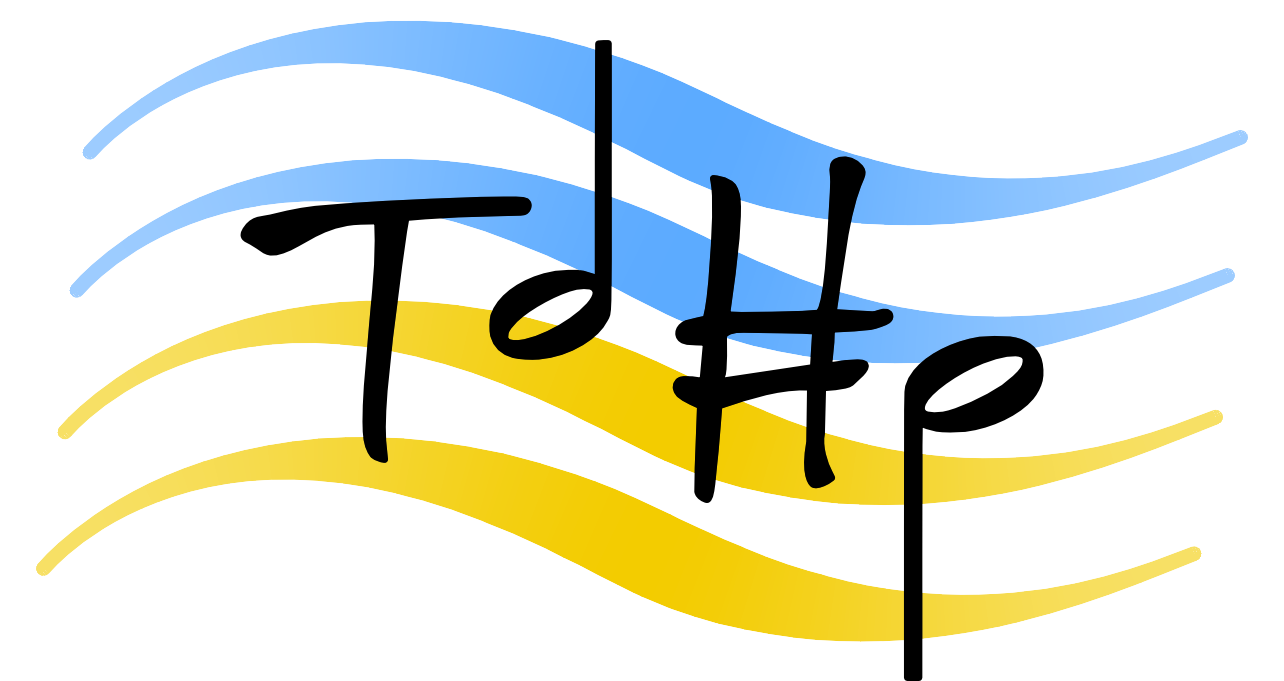Author: David Gutman
It might be construed as ironic were the music of Thomas de Hartmann (1884-1956) to achieve wider recognition as a consequence of Ukrainian national awakening. After ‘Russian’ training (the aristocratic de Hartmann was a student of both Arensky and Taneyev), few composers have been more insistently itinerant. Nor are de Hartmann’s life and work easily disentangled from the peregrinations of his sometime associate, the eccentric Greek-Armenian spiritual teacher and fabulist GI Gurdjieff. Long represented in the lists by co-written miniatures associated with Gurdjieff’s sacred dances and devotions, de Hartmann’s bigger pieces are starting to break cover. Complementing the orchestral series Toccata Classics has in train, the present production is the starriest since Keith Jarrett’s ‘Sacred Hymns’ album on ECM, now more than 40 years old.
The venture has already attracted journalistic attention, so what does the music sound like? Some have called de Hartmann a minimalist, discerning intimations of the attenuated, modal, ‘holy’ variety in the piano pieces at least. That label feels less applicable to the short-winded late romanticism of the scores paired here. The orchestration is exquisite, glowing, reinforcing the illusion that we are listening to expert movie music: the cues alternate between sword-and-sandal colour and pastoral inertia. The composer, whose 50-plus actual film scores were credited to an imaginary Thomas Kross, is at his best when settling into a quiet rapture not entirely earned. Think Alan Hovhaness’s Mysterious Mountain Symphony, sub-par Vaughan Williams or Morricone in nostalgic mood. One can envisage a spot on the Classic FM playlist for the Violin Concerto’s two-and-a-half-minute third movement, a ghostly minuet and trio with unaccountably Scottish tendencies. The work could not hope for better advocacy than it receives from Joshua Bell, Dalia Stasevska and the hard-pressed musicians of the International Symphony Orchestra Lviv (INSO-Lviv). That it sounds specifically ‘Jewish’ in part is no accident for music premiered in 1947 but written several years earlier in Nazi-occupied Paris. Joshua Bell thinks it a masterpiece. Perhaps. Only don’t expect the concentrated, visceral empathy of Shostakovich’s contemporaneous Second Piano Trio.
The Cello Concerto of 1935 was dedicated to Paul Tortelier, soon to be principal cellist of the Boston Symphony Orchestra. Today’s committed exponent, Matt Haimovitz, does his best with its less remarkable material and lopsided structure. The first movement meanders for 20 minutes between dangerously rhapsodic cadenzas. The middle movement’s maudlin prayer meeting is followed by a perkier finale in quintuple time. A possibly unpatched live relay from Leipzig 2022 seems more prone to noises off than the inspired Warsaw recording of the Violin Concerto, for which several January 2024 dates are cited.
This is the latest release to be backed by the Thomas de Hartmann Project (TdHP) initiated in 2006 by pianist Elan Sicroff with the guitarist Robert Fripp as executive director. As Fripp has said, de Hartmann’s music has been ‘as strangely inaudible as the composer is invisible …’ That would seem to be changing now.
